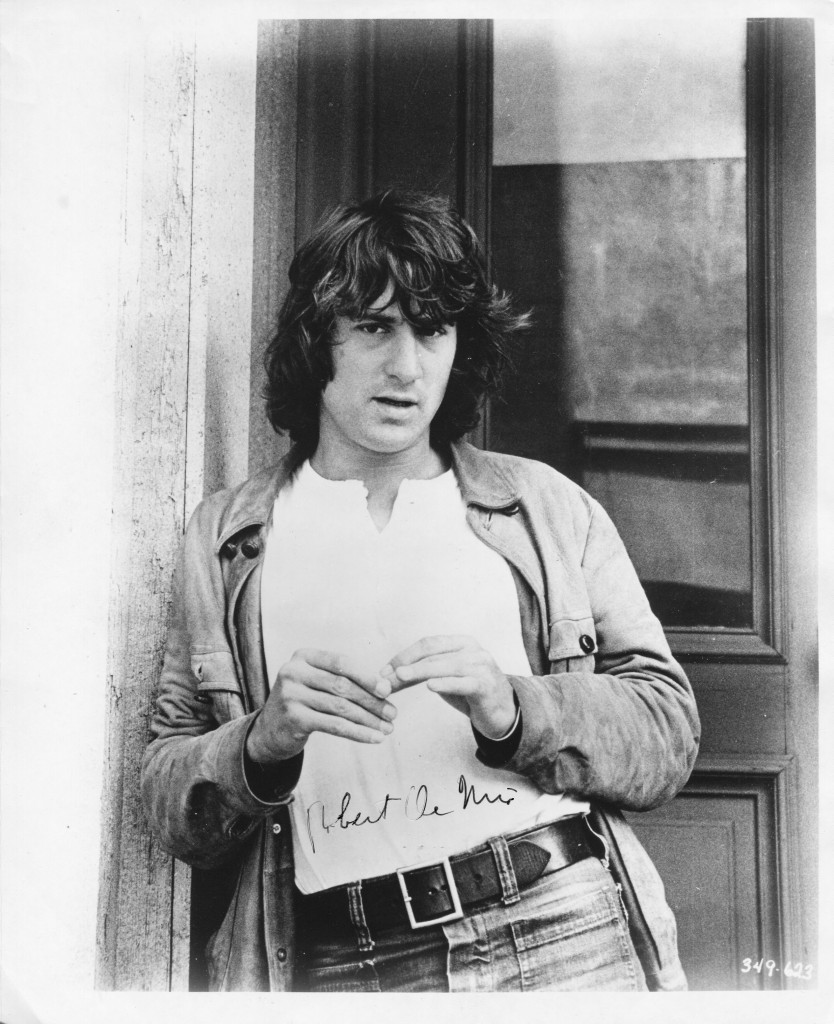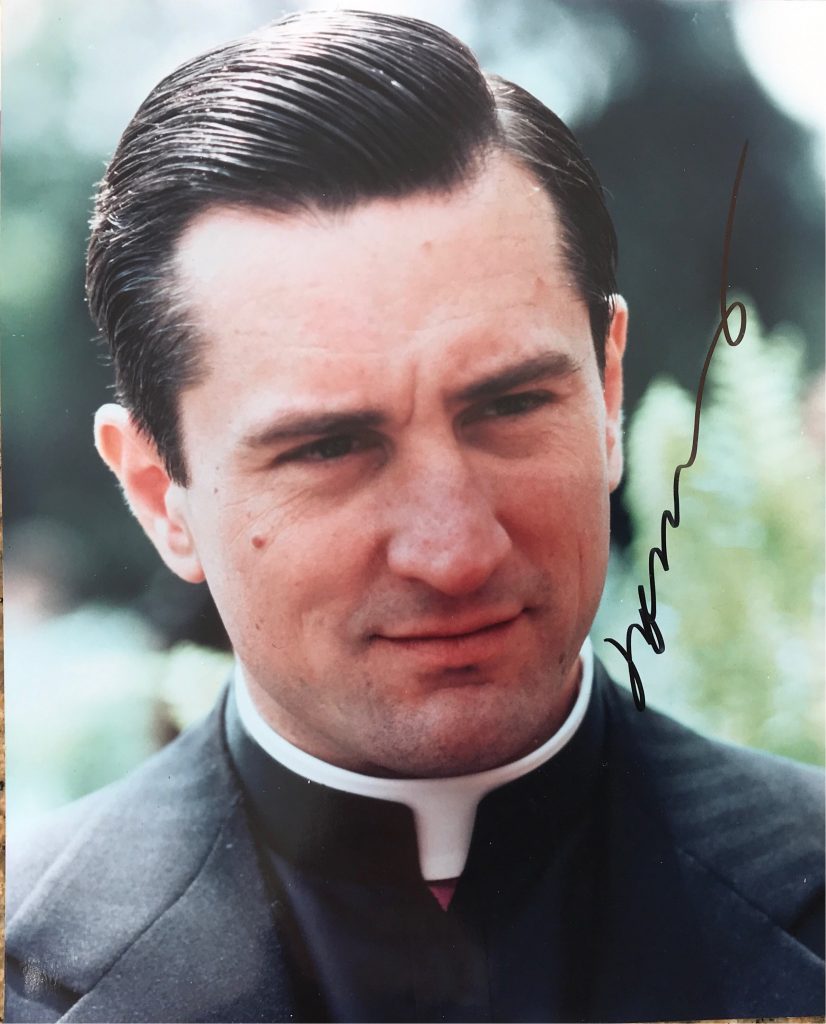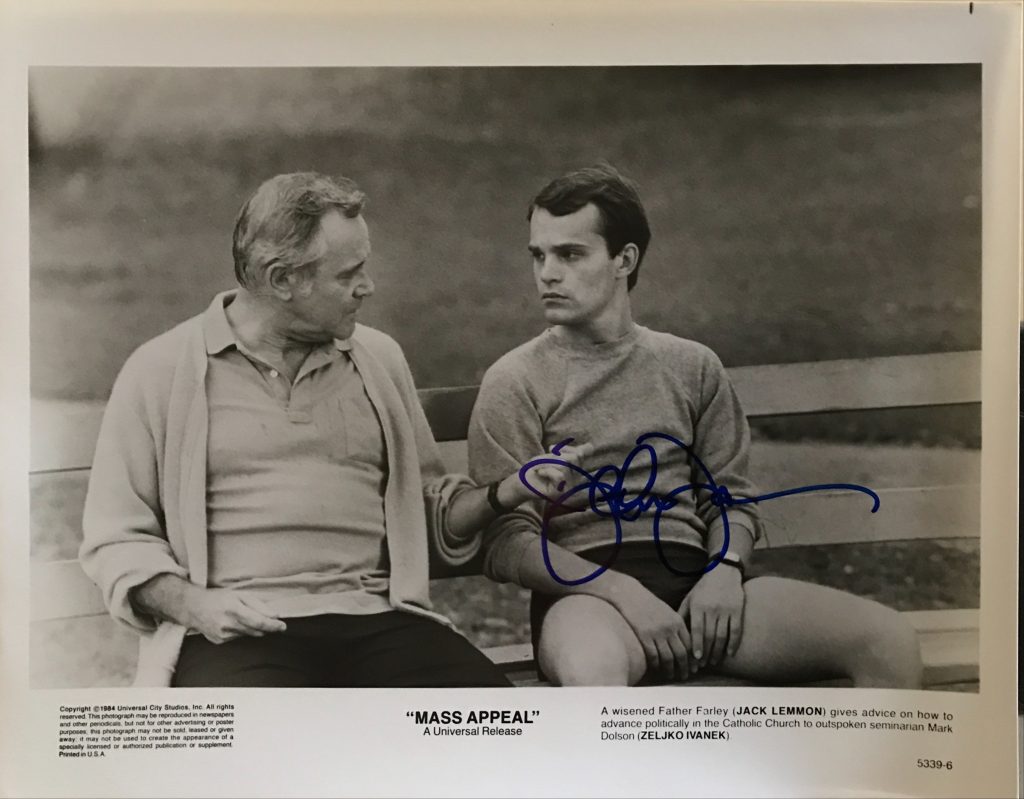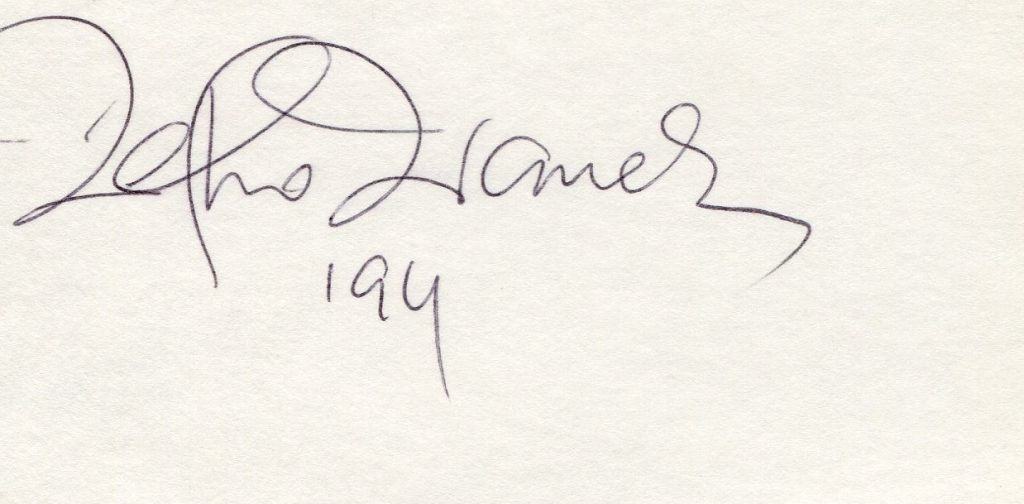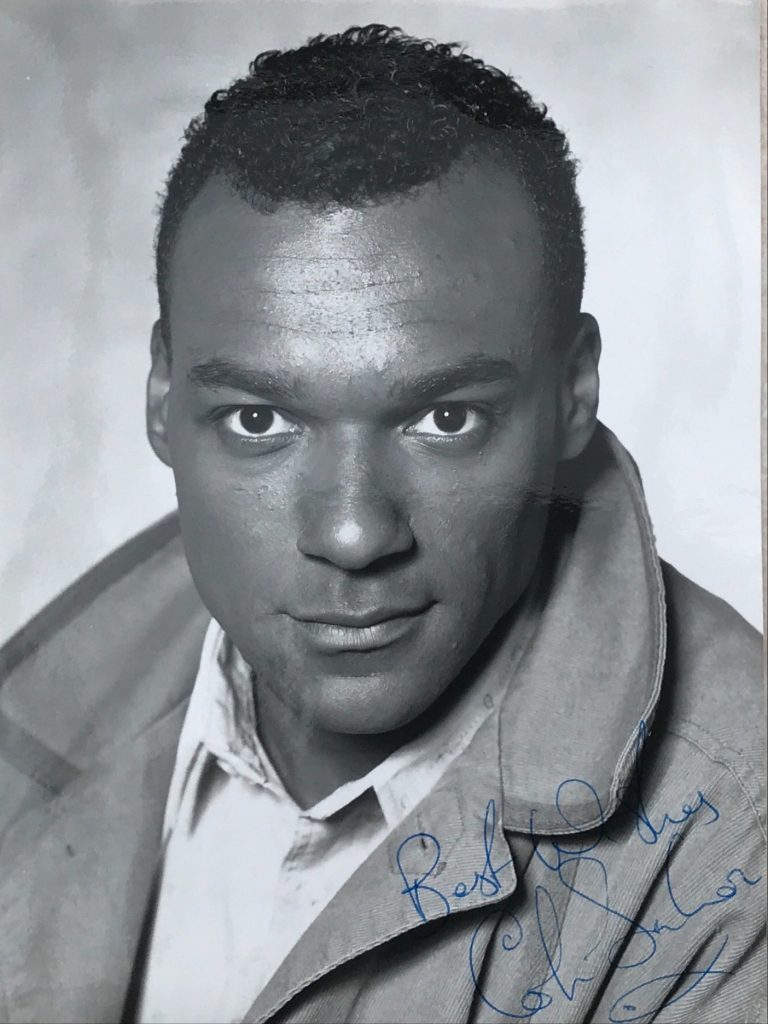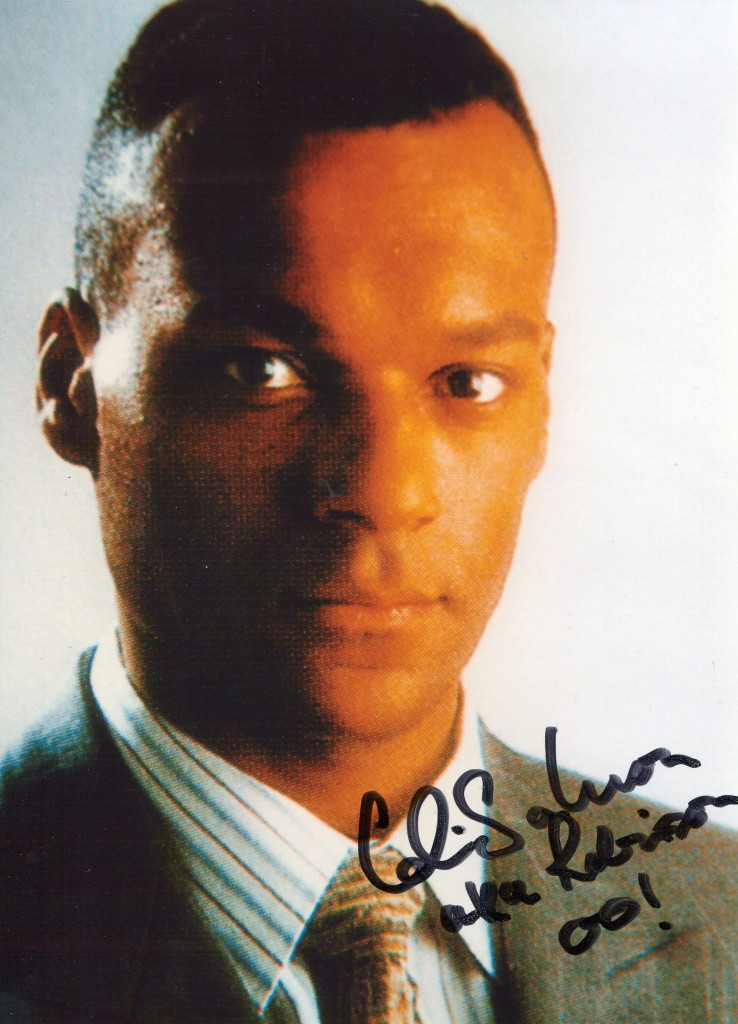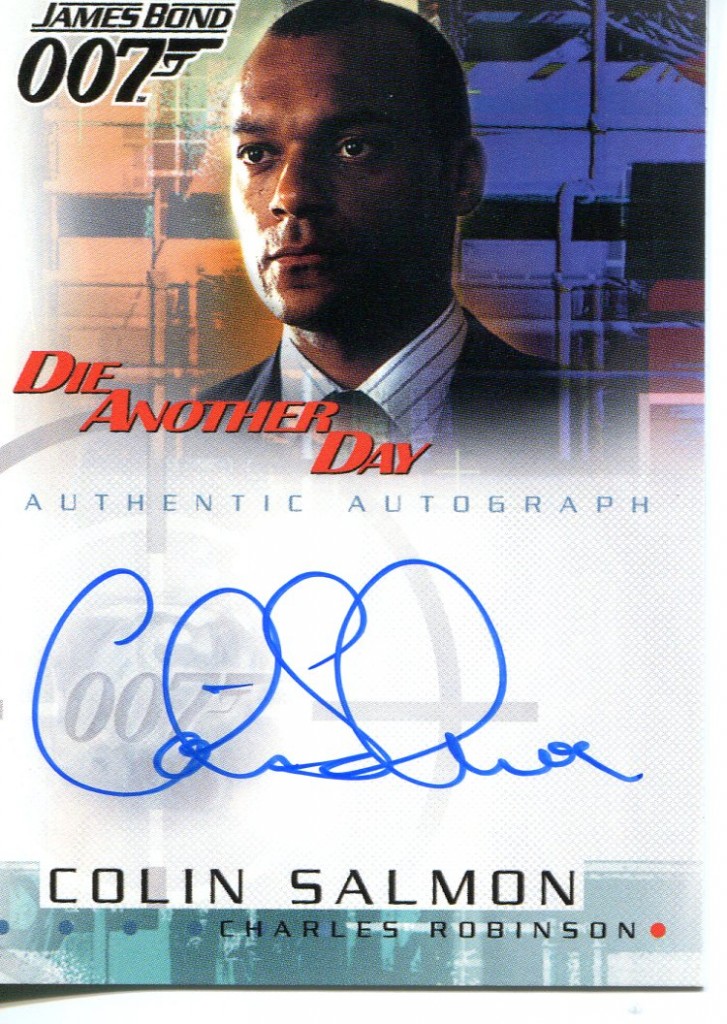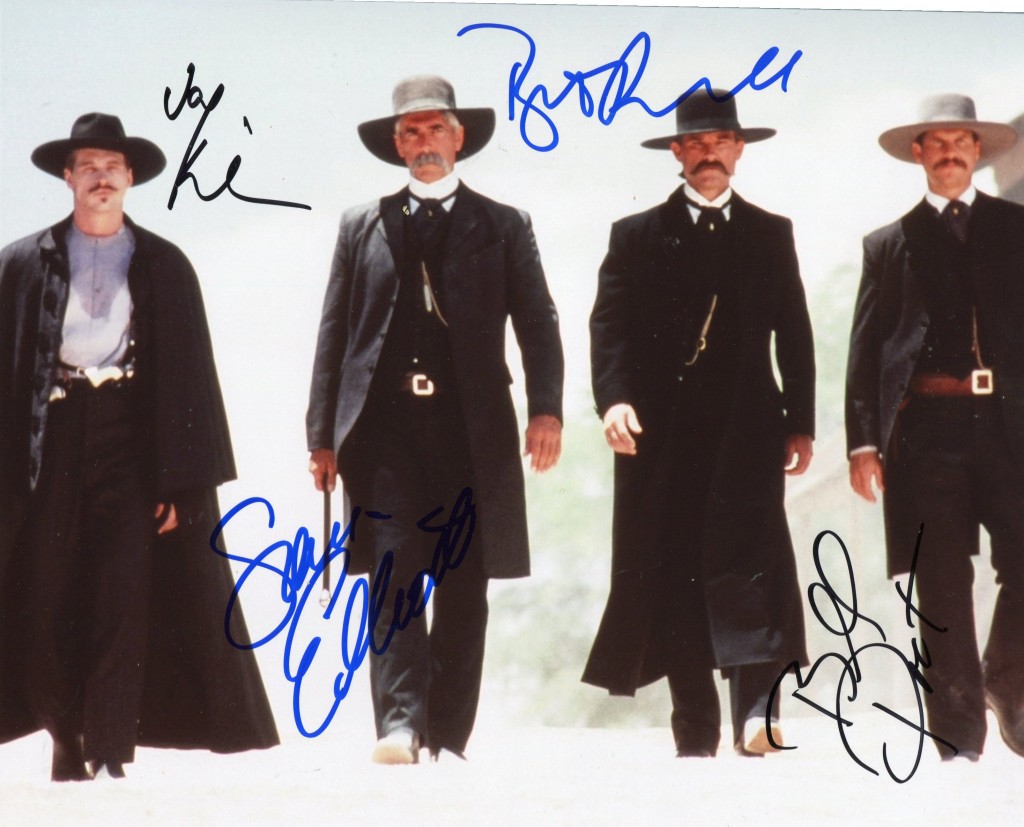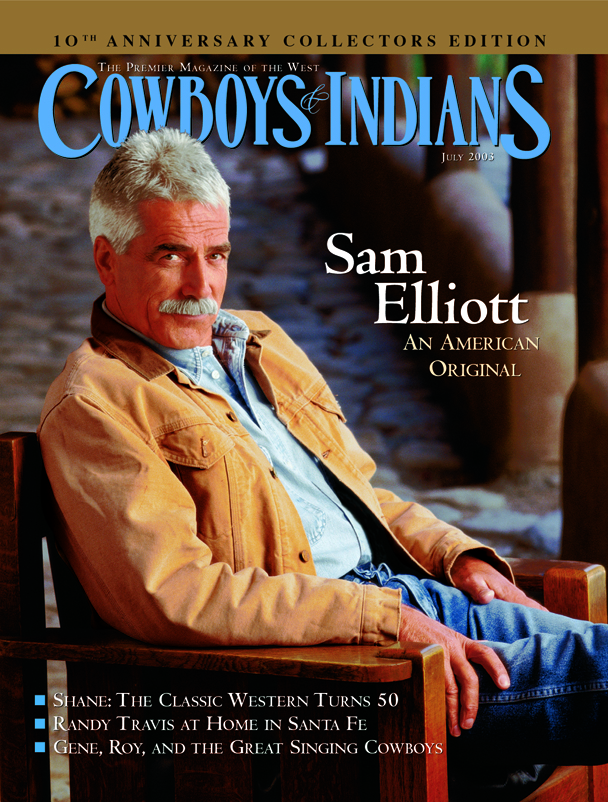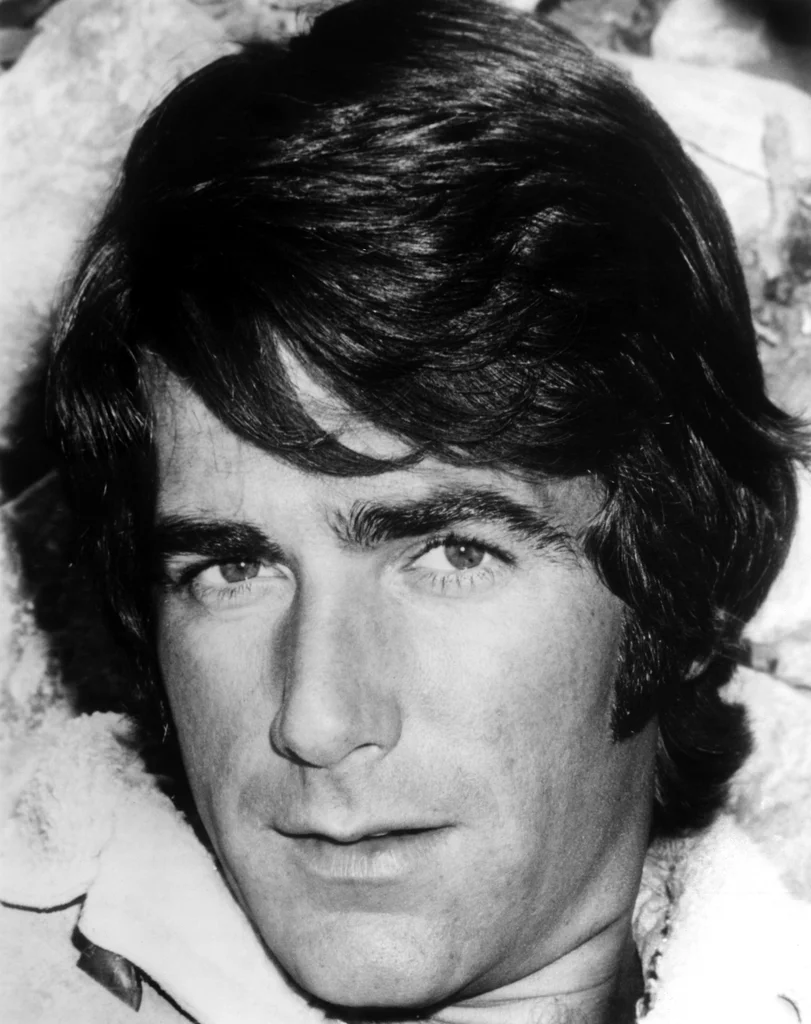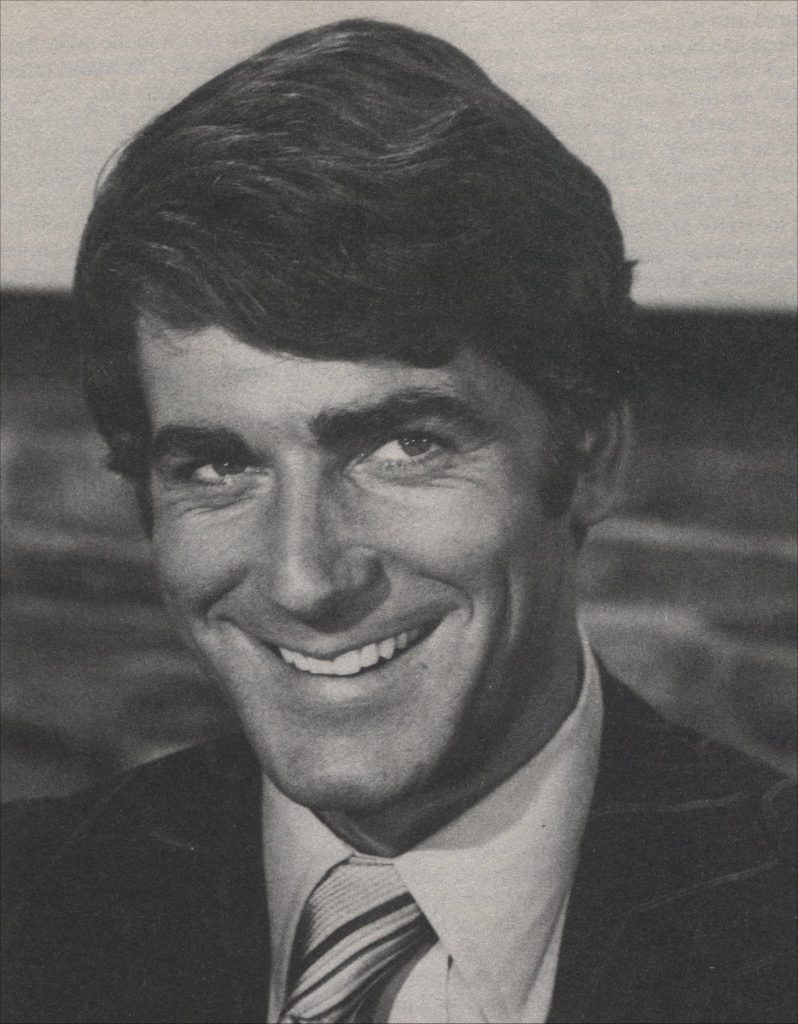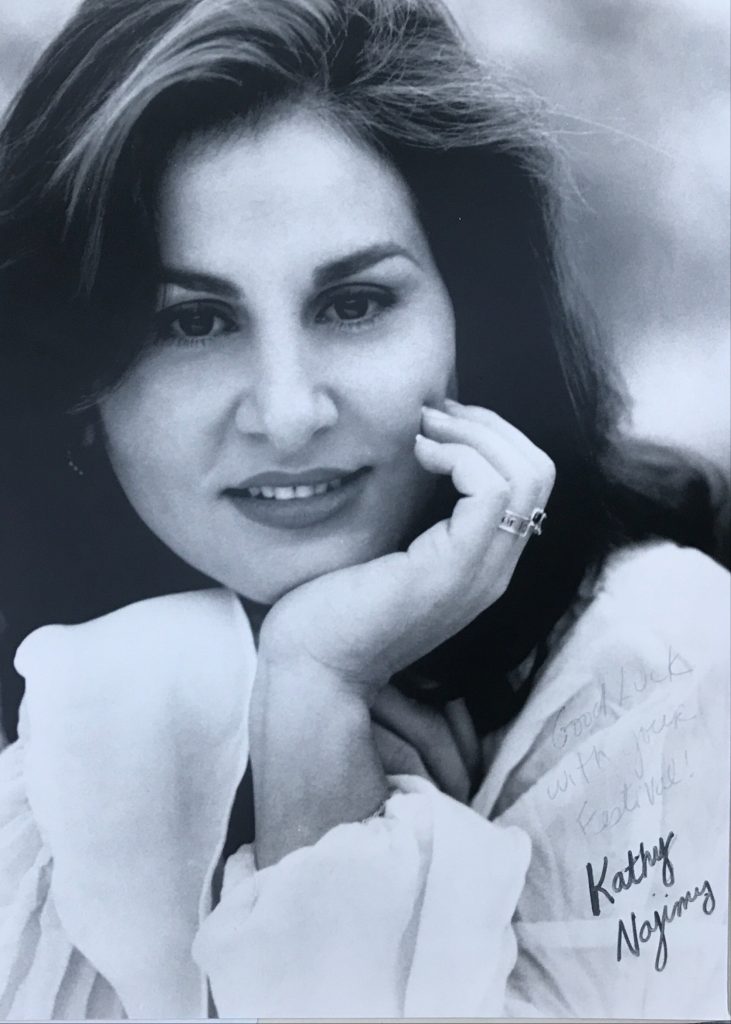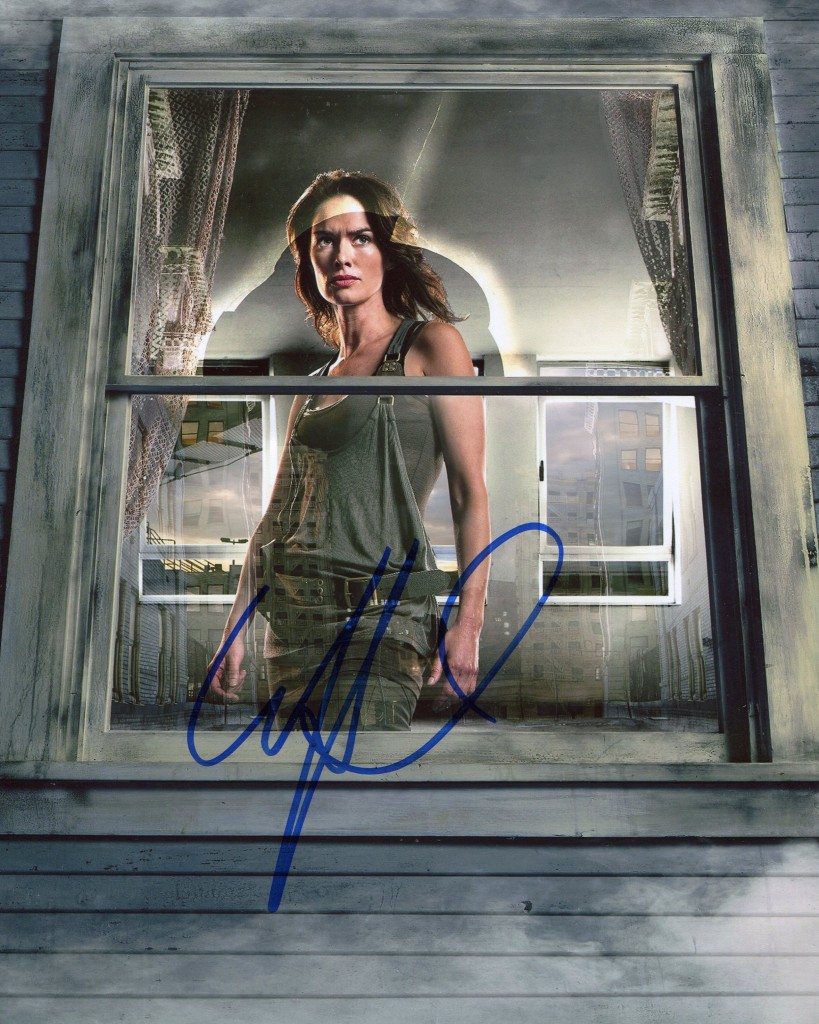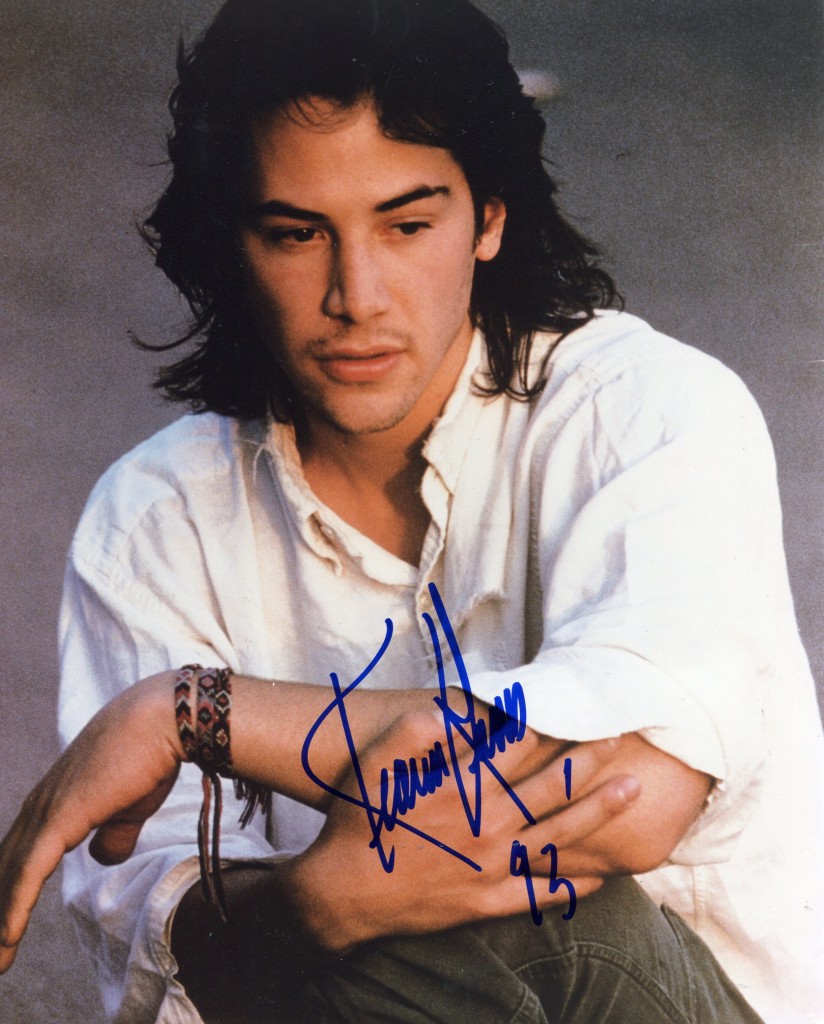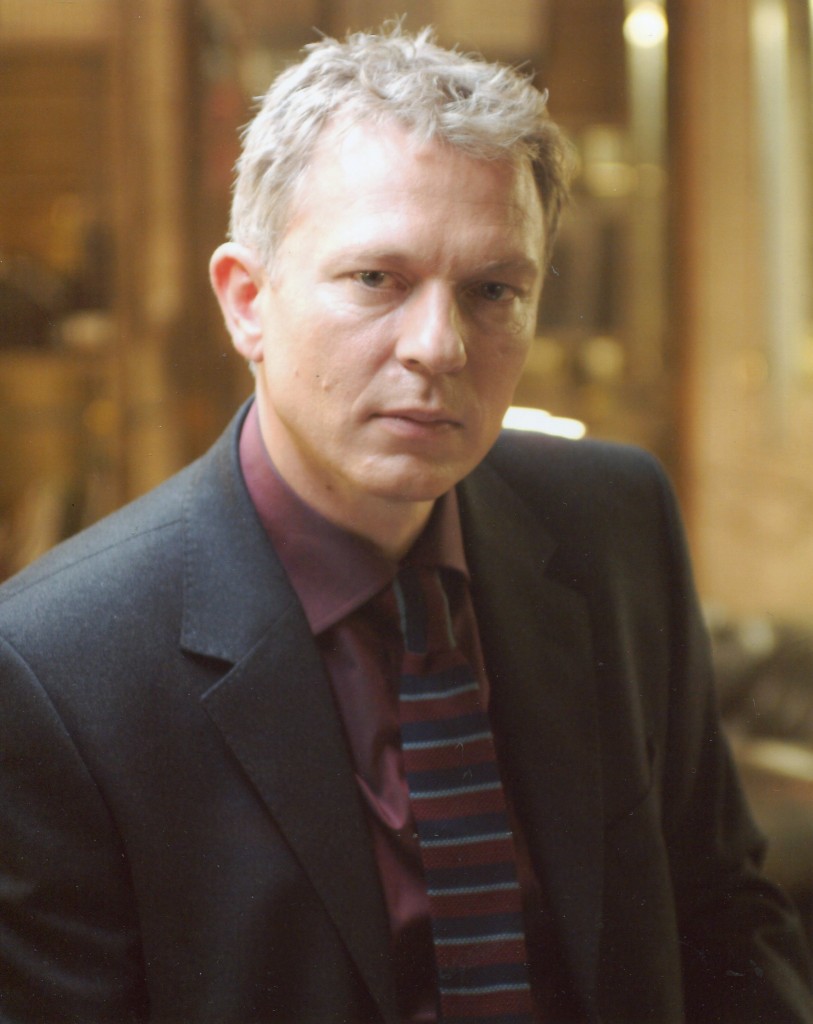
Conor Mullen was born in 1962 in Dublin. His many television credits include “Holby City”, “Single-handed”, “Rough Diamond”and “Proof”. On film he has starred in “The Tiger’s Tail” and “Puckoon”.
Article by Ciara O’Dwyer in “Independent.ie”:
‘THE older you get, the more you think, Jesus, I better start being a bit more serious,” says Sutton-born actor Conor Mullen. “But then again, it has worked out fine for me so far. You always want to do better work and better paid work if you can get it, but you don’t want to spend your time constantly working towards something and missing everything along the way. I wouldn’t be terribly driven. For me, the more relaxed I am, the better I work anyway.”
He shouldn’t change a thing. Mullen is a marvellous actor. He has real presence, a wonderfully rich voice and he is believable in everything he does. And with his blue eyes, high cheekbones and blond hair, theSteve McQueen lookalike is very easy on the system too. I once travelled to London especially to see a production of a play in which he starred. It was Conor McPherson‘s brilliant This Lime Tree Bower at the Bush Theatre. (After a quiet run in Dublin at the Crypt Theatre, London audiences couldn’t get enough of it. And they were right.) It was well worth the trek.
That spell in the Bush proved to be very fruitful for Mullen. It was then that his extensive career in television dramas in the UK took off. Producers and agents spotted him and snapped him up. Soon they were offering him great work. A part in the television series Reckless, starring Francesca Annis, was followed by a stint in Soldier, Soldier. And on he soared. Many people may know him from his work in Holby City and Silent Witness.
A lot of the time, Mullen plays bad guys. At the moment, you can see him on your TV screen in Raw, where he plays Larry Deane.
“I’m usually a nasty piece of work,” says Mullen. “I play all the psychopaths. Type-cast again.” He laughs. He has a very easy way about him. It is refreshing to come across someone so calm and laid -back, especially in these frantic times.
When I meet him, he has just finished a day’s rehearsal for No Romance. (It is running in the Peacock until April 2.) Mullen plays the part of Michael, a frazzled man who travels down to West Cork with his PlayStation-addicted son, and plans to take his own mother up to Dublin and put her in a nursing home.
“He is a man under a severe amount of pressure and he doesn’t respond well to pressure,” says Mullen. “His marriage has fairly recently broken down acrimoniously. He’s trying to cultivate a relationship with his son and that’s not working out. (He tells him to get his head out of that f***ing PlayStation.) And he’s trying to put his mother into a nursing home because he’s worried that something is going to happen to her, but she doesn’t want to go. He’s trampling on her rights. The play deals with the question of when are you within your rights to take away somebody else’s rights?
“Michael is a very selfish individual. It’s all about what the situation means to him and how is he going to cope with it. He is falling apart. He’s so wired. It’s good fun because there are great lines in it. It’s so well written. Usually the best writing doesn’t feel like work. It’s the easiest to do.”
It has been a while since Mullen has been on our Dublin stages. Four years ago, he was at the Gate in Lady Windermere’s Fan and before that it was in the Peacock in Patrick Marber‘s Closer. “It’s about time that I got back out,” he says.
Whether people know it or not, Mullen infiltrates our lives. He does a lot of voice-over work, and in particular most people probably have daily contact with him as the voice of Eircom. It is his golden voice that you can hear when you pick up the phone to be told: “You have no new messages.”
“All actors are delighted to get a voice-over job,” he says. “You’ve got to have a few strings to your bow. If you decided that you’re only going to do theatre, the chances are you’re not going to be going from one play to the next. You wouldn’t be able to survive. Some people do character voices for cartoons and some do voice-overs, so you do whatever you can to keep going.”
There was a spell when it seemed there was only a handful of actors doing voice-overs, but Mullen says that it’s different these days. “The voice-over work is still going strong, but there’s a lot more people doing it now.”
All the same, his voice is beautifully resonant. What does he do to keep it so rich? “It’s just bad living,” he says.
Although he is serious about his work, the delightful thing about Mullen is that he doesn’t take himself too seriously. I’ve always had a soft spot for him, ever since he told me that he was great at staring out of a window and doing nothing. I interviewed him 10 years ago and he still looks very fresh faced; so glowing, that I presume he’s just back from a holiday. Not so. “It’s probably blood pressure,” he says.
The 49-year-old has hardly aged at all. It feels a bit odd to ask a man what he does to keep so youthful, but he does look incredibly well. U2’s Larry Mullen Jr is his cousin and he is another Dorian Gray. So, is this from the Mullen side of the family? “My father passed away last year. He was 85 and he looked great, but my mother will be reading this, so you better say that it’s from her side of the family.”
But what does he do? “No, I’m not doing facials and I haven’t had Botox.” Then he pulls a pious face. “Prayer. I have my faith and it stood to me.” There’s more laughter.
In some ways, Mullen is an accidental actor. He tried many lives for size before he made up his mind that he was going to have a bash at this acting lark. He grew up in Sutton, the third of six children. His mother was a keen theatre-goer and so the family were treated to trips to the Gaiety pantomime.
Both parents were pharmacists and they had a chemist shop in Terenure. Mullen confesses that he didn’t really apply himself when he was at school and then he was shocked when his Leaving Cert results were mediocre. University was not an option.
Instead, he did an Anco course in sales and, supplied with a car, he went on to work as a sales merchandiser for Guinness and later Wrigley chewing gum. Then his father offered him a job. (By that stage, he was selling medical supplies instead of working in the Terenure pharmacy.)
“I knew nothing about it,” says Mullen. “I was selling everything from mammary implants to TB drugs to blood filters. The products were very good. They spoke for themselves, apparently, because I didn’t know how to speak for them.”
When I ask how his love of theatre began, he is at a loss to pinpoint a specific event. He tells me that he just started going to see plays. Joe Dowling’s production of Death of a Salesman, starring Ray McAnally, had a lasting effect on him. It wasn’t long before he signed up for acting classes at the Brendan Smith Academy and shortly after that he headed to New York, to study acting at The Neighbourhood Playhouse for two years.
“I wanted to get away and it was a toss of a coin really,” he says. “It was going to be London, but London wasn’t far enough away. I wanted to be gone and to have a whole new world.”
New York fitted the bill. “I stayed with an old maiden aunt for a few weeks, then crashed on a couch and eventually I was living in Manhattan in a sublet. One of the first jobs I got was a lifeguard in a swimming pool in a 24-hour gym.”
Was he qualified? “Not at all. I told them that my certification was in the post. I could just about swim. I could splash around and tell people to get out of the water. I worked from 11 at night until seven in the morning. It was like something out of a David Lynch film, sitting by the pool at three in the morning with no one in it.”
He adds: “The thing about New York, and I’m sure that it’s still the same, from the moment you arrive, you feel part of it, because New York is whoever is there at that moment.”
Did he go wild while he was there? “I did go a bit feral all right.”
When he returned to Dublin, he started auditioning for roles. Eventually, theatre work came in. And along the way, he was approached to do some voice-over work.
These days, Mullen lives in Howth with his wife, the Scottish actress Fiona Bell, and their three-year-old daughter Cassie. (He has two daughters — Hannah and Georgia — from his first marriage.)
Does he feel ancient being a father second time around? “No. I don’t feel ancient anyway. I know it’s a cliche, but kids keep you young. Cassie is great. She’s at that age where she’s all chat and running around the place and coming up with mad ideas.
“Hannah is in college doing Communications and Georgia is still at school. But it’s nice with Cassie there — Hannah and Georgia are around more, playing with her.”
When Cassie was born, Mullen decided to take a bit of time off and stay at home. He had done six months of TV work in the UK, so life was good. But after his break, the phone didn’t ring.
“It was kind of like falling off a cliff,” he says. “It’s only in recent years when you’re too old to do anything else, you think, how am I going to pay the bills? I started getting worried and saying this is a tough job. It was always a tough job, but the last few years I’ve been out of work for longer periods than ever before.”
After a very quiet year, work picked up. He did Single-Handed, Raw and When Harvey Met Bob. Is it a worry with two actors in the house? “If you’re not working, you’re not paying the bills. It doesn’t matter who is working, as long as somebody is working. But mostly I’ve been fortunate,” he adds, then smiles.
And so it will continue. Conor Mullen will be just fine. He’s very good at what he does. Cream always rises to the top.
No Romance is showing at the Peacock Theatre until April 2, and is directed by Wayne Jordan. Tickets are priced from €13. For more information, visit www.abbeytheatre.ie or telephone (01) 878-87222
Sunday Indo Living
The above “Independent.ie” article can also be accessed online here.


